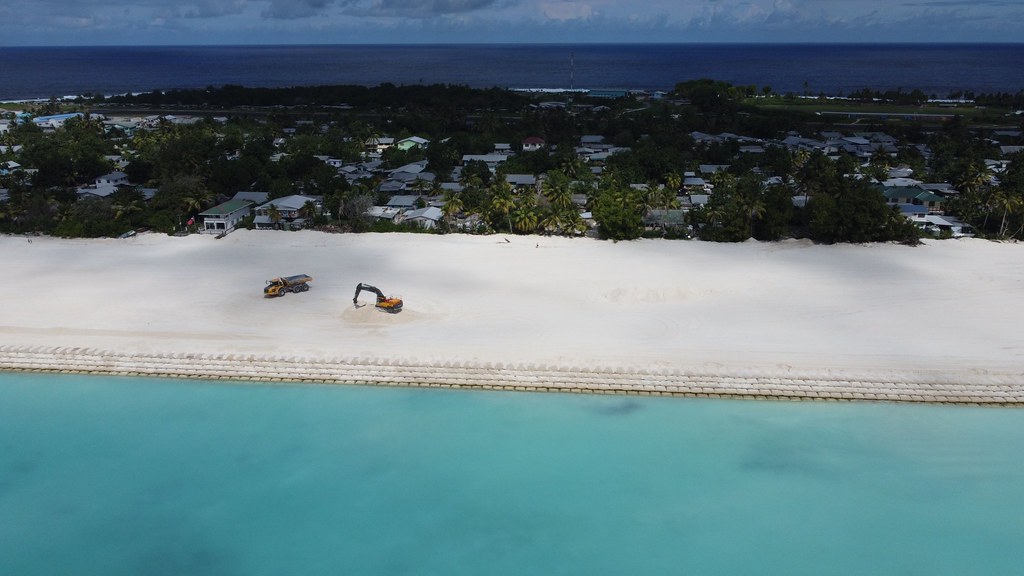Eliezer writes on Overcoming Bias:
One of the primary principles of evolutionary psychology is that “Our modern skulls house a stone age mind” (saith Tooby and Cosmides). You can interpret all sorts of angst as the friction of a stone age mind rubbing against a modern world that isn’t like the hunter-gatherer environment the brain evolved to handle.
We may not directly interact with most of the other six billion people in the world, but we still live in a world much larger than Dunbar’s Number.
Or to say it with appropriate generality: taking our current brain size and mind design as the input, we live in a world much larger than Dunbar’s Function for minds of our type.
Consider some of the consequences:
If you work in a large company, you probably don’t know your tribal chief on any personal level, and may not even be able to get access to him. For every rule within your company, you may not know the person who decided on that rule, and have no realistic way to talk to them about the effects of that rule on you. Large amounts of the organizational structure of your life are beyond your ability to control, or even talk about with the controllers; directives that have major effects on you, may be handed down from a level you can’t reach.
If you live in a large country, you probably don’t know your President or Prime Minister on a personal level, and may not even be able to get a few hours’ chat; you live under laws and regulations that you didn’t make, and you can’t talk to the people who made them.
This is a non-ancestral condition. Even children, while they may live under the dictatorial rule of their parents, can at least personally meet and talk to their tyrants. You could expect this unnatural (that is, non-EEA) condition to create some amount of anomie.
…
If people don’t like being part of large organizations and countries, why do they stick around? Because of another non-ancestral condition – you can’t just gather your more sensible friends, leave the band, and gather nuts and berries somewhere else. If I had to cite two non-regulatory barriers at work, it would be (a) the cost of capital equipment, and (b) the surrounding web of contacts and contracts – a web of installed relationships not easily duplicated by a new company.
…
But we already live in a world, right now, where people are less in control of their social destinies than they would be in a hunter-gatherer band, because it’s harder to talk to the tribal chief or (if that fails) leave unpleasant restrictions and start your own country. There is an opportunity for progress here.
Indeed there is – which is why we’re working on it!
In line with what Eliezer says here, one of our core beliefs is that there are plenty of pioneering spirits out there who would love to go start a new tribe, if only they had a frontier to do it on.
And besides letting people start their own countries, we believe that dynamic geography will increase the autonomy of small local groups. Both as part of generally moving power downwards, and because it lets people specifically design that quality into their system, if that’s what they want from a society. Thus it will let more decisions be made in the tribe-sized groups our brains are programmed for.
